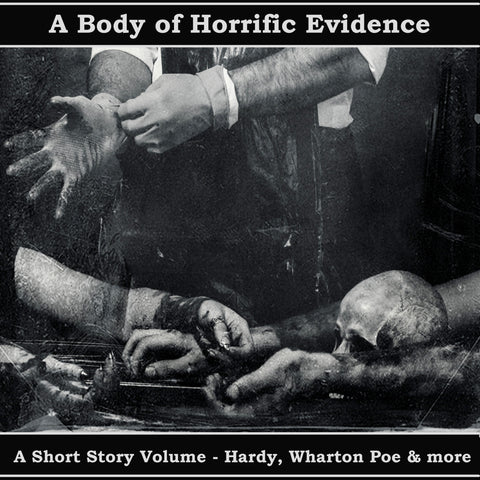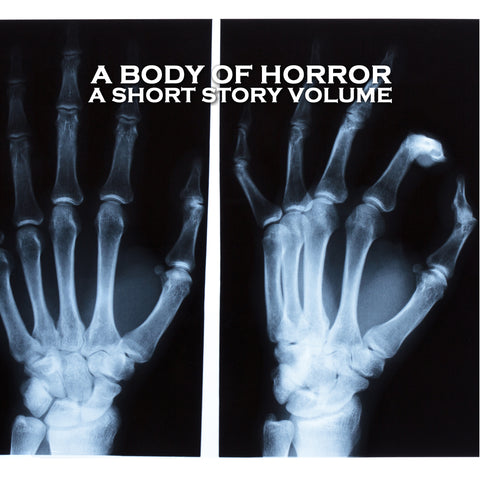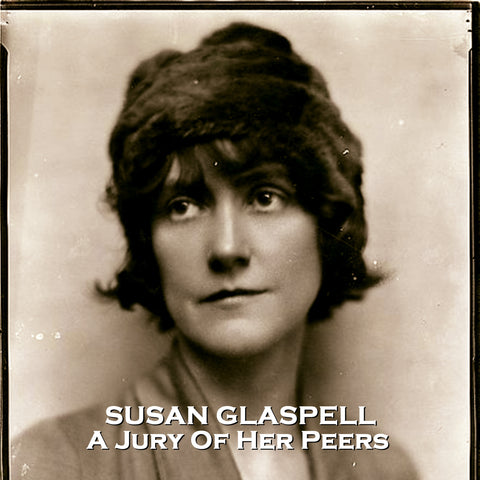Your cart is empty now.
Read by Eric Meyers (Unabridged: 51mins)
Willa Sibert Cather was born on 7th December, 1873 on her grandmother's farm in the Back Creek Valley near Winchester, Virginia. After several years and moves the family eventually settled in Red Cloud, Nebraska and for the first time Cather could now attend school.
In Red Cloud Cather had her earliest writings published in the local Red Cloud Chief newspaper. Her time in the mid-West created a vivid tranche of experiences for the young woman. It was still, for the most part, the frontier; a landscape of dramatic environment and weather, the vastness of the Nebraska prairie, as well as the many diverse cultures of the local families.
Attending the University of Nebraska she published a well received essay on Thomas Carlyle in the Nebraska State Journal and thereafter became a regular contributor to its offerings. After being hired to write for the Home Monthly, in 1896, Cather moved to Pittsburgh. Within a year she became a telegraph editor and drama critic for the Pittsburgh Leader as well as contributing poetry and short fiction to The Library, another local publication.
Her first collection of short stories, "The Troll Garden", was published in 1905 and contains several of her most famous including "A Wagner Matinee," "The Sculptor's Funeral," and "Paul's Case."
As a writer Cather was now taking immense strides forward. By 1912 she had finished her first novel "Alexander's Bridge" which was serialized in McClure's to favourable reviews.
Cather now began her Prairie Trilogy: "O Pioneers!" (1913), "The Song of the Lark" (1915), and "My Ántonia" (1918). All three were popular and critical successes nationwide.
Throughout the 1910s and 1920s, Cather continued to establish herself as a major American writer and received the Pulitzer Prize in 1922 for her novel "One of Ours".
A determinedly private person, Cather destroyed many old drafts, personal papers, and letters. Her will would also restrict the ability of scholars to quote from personal papers that remained.
In 1932, Cather published her final collection of short stories, "Obscure Destinies" which contained the highly regarded "Neighbour Rosicky." She now began work on "Lucy Gayheart", a novel that was rather darker than those before it.
With her career settled as one of America's greatest writers honours began to flow. In 1943 she was elected a Fellow of the American Academy of Arts and Sciences. The following year, 1944, Cather received the gold medal for fiction from the National Institute of Arts and Letters.
However time was about to settle scores with her. On April 24th, 1947, Willa Siebert Cather died of a cerebral haemorrhage at her home at 570 Park Avenue in Manhattan. She was 73.











